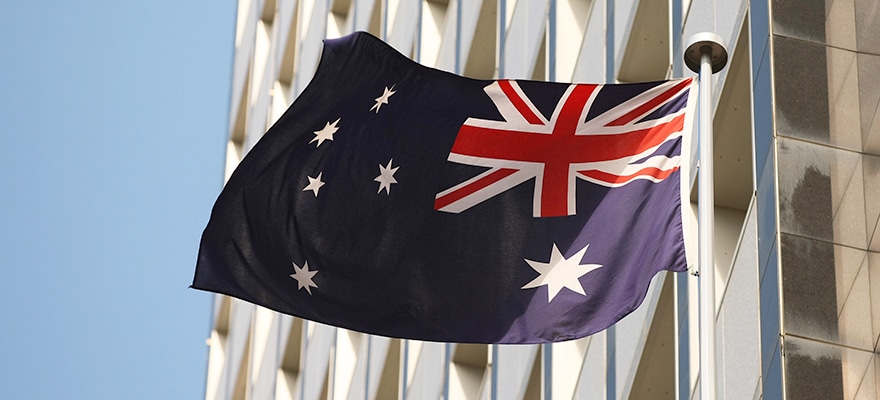This article was written by Sophie Gerber, the director of the compliance and legal firm Sophie Grace.
As Australia splutters into its new economic saviour, fintech (first there were sheep, then natural resources), the Turnbull government is yet to get ASIC on board. It can be argued that ASIC has a two-pronged approach to Australian Financial Services Licence (AFSL) holders taking on foreign clients. In an era where the Australian Government is attempting to make Australia a global competitor and encourage foreign investment into Australia, this is problematic to say the least.
In our experience, it appears that ASIC asserts that AFSL holders cannot onboard and transact with foreign clients as these clients are not protected by ASIC Regulation or the AFSL. This is most clearly seen where ASIC has warned AFSL holders, in particular CFD and FX brokerages, about the risks of onboarding foreign clients. Just yesterday we saw a similar release relating to IKON which holds an AFSL. In particular, ASIC asserts that foreign clients are not protected by Australian regulation. CFD and FX brokerages have been instructed to restrict their offerings to Australian clients only, unless they hold the applicable licence in the foreign jurisdiction from where the client originates.
However, it is interesting to note that External Dispute Resolution Schemes (EDRS) such as the Financial Ombudsman Service (FOS) will accept complaints from foreign clients. So too will Australian courts. AFSL holders enter into a contract with foreign clients to provide the financial services. These contracts are enforceable under Australian common law, meaning that where a contract becomes the subject of litigation it is enforceable under a court ruling.
This lack of continuity in regulation between ASIC, the courts and the EDRS system causes confusion within the industry for AFSL holders and clients alike.
In April 2015, an FX brokerage became the subject of an ASIC investigation based on its financial services being provided to foreign clients. ASIC determined that its regulation and protection only covered the financial services provided to clients residing in Australia. ASIC stated that “where an entity such as this, is based overseas and is providing financial services to clients outside Australia, these services are not being carried on in Australia” therefore are not covered by the AFS Licensee regime. ASIC found that the FX brokerage was required to provide foreign clients with the same Client Money protections as Australian clients despite ASIC’s determination that foreign clients were not covered by the AFSL regime. In contrast, IKON has been required to separate out the client money of foreign clients, although the details of this are not clear from ASIC's media release.
ASIC seems to want to have its cake and eat it too. ASIC wants to get rid of foreign clients of CFD and FX brokerages in an attempt to phase out the industry, but the regulator will not commit to the idea that AFSL compliance obligations do not apply to foreign clients.
By comparison, the new Significant Investor Visa (SIV) legislation was drafted to enable AFSL holders who issue Managed investment Schemes (MIS) to onboard foreign clients. The legislation is drafted in such a way that the client can be accepted without coming to Australia to sign the contract.
Through the SIV legislation, the Australian Government is enabling foreign clients to invest with Australian Fund Managers, however the regulator’s stance in the CFD and FX industry to try and deter foreign clients from investing with FX brokerages effectively hampers any foreign investment in this industry. This double-barreled approach to accepting foreign clients is just another example of ASIC’s crackdown on the FX and CFD industry. The final outcome of this treatment of FX brokerages remains to be seen.
















